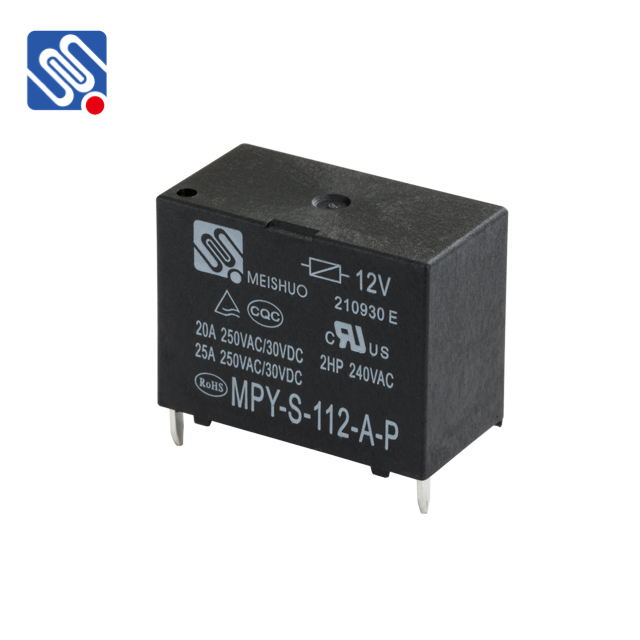understanding relay voltage rating: why meishuo relays stand out
Release time:2025-05-08 13:26:26
Relays are fundamental components in modern electrical and electronic systems, playing a crucial role in controlling electrical circuits. One of the key specifications that defines a relay’s functionality is its voltage rating, which determines the maximum voltage that can be applied to the relay’s contacts without causing damage or failure. This article delves into the significance of relay voltage ratings and highlights the advantages of Meishuo relays in ensuring reliable performance.

What Is Relay Voltage Rating?
The voltage rating of a relay refers to the maximum voltage that the relay's contacts can safely handle when the relay is operating. It is divided into two types: coil voltage rating and contact voltage rating.
Coil Voltage Rating: This specifies the voltage that must be applied to the relay coil for it to activate and close the contact points. For instance, a 12V coil voltage relay will only function when 12V is applied across its coil terminals.
Contact Voltage Rating: This is the maximum voltage that can be safely handled by the relay's contacts when the relay is in the open or closed state. This rating is crucial because exceeding the rated voltage can lead to arcing, excessive heating, or permanent damage to the relay's contacts.


